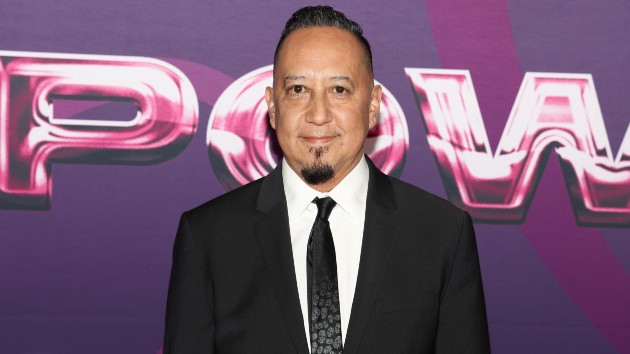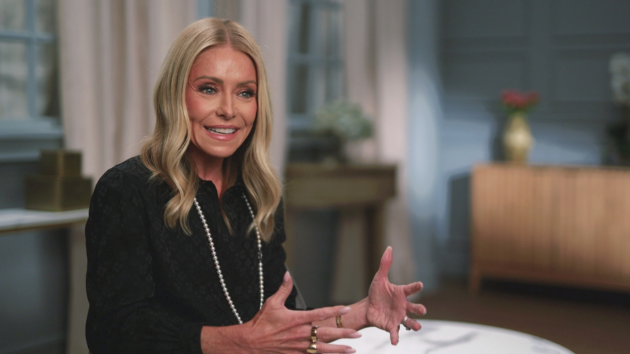Here’s what you need to know as Google expands its health care AI
Written by ABC Audio. All rights reserved. on March 15, 2023

(NEW YORK) — Google is expanding use of its health care artificial intelligence, including helping detect diseases, such as cancer, earlier and answering medical questions.
During the technology company’s annual The Check Up event on Tuesday, employees announced several new updates and partnerships that they claim will help expand access to care and make the field more equitable.
“The future of health is consumer-driven,” Dr. Karen DeSalvo, Google’s chief health officer, said at the event held in New York City. “People will expect a mobile-first experience with more personalized insights, services and care. That means enterprises, including Google, will need to evolve to meet consumers where they are.”
The company unveiled the latest version of its medical large language model, which is designed to provide answers to medical questions, called Med-PaLM 2.
Last year, when it was first introduced, Google said it was the first AI system to get a passing score — meaning more than 60% — when answering multiple choice and open-ended questions that appear on U.S. medical licensing exams.
Google said the latest iteration consistently answered medical exam questions on an “expert” level, scoring 85%.
During the event, Dr. Alan Karthikesalingam, a research lead at Google Health, showed examples of some of the questions Med-PaLM 2 might answer including “what are the first warning signs of pneumonia?” and “can incontinence be cured?”
Many times, the answers were similar to — and even more thorough than — the answers clinicians provided to the same questions.
However, the company admitted it’s not ready to be rolled out yet in the real world due to some gaps in answering some medical questions, including not be as detailed.
“You can see from this sort of work that we’re still learning,” Karthikesalingam said.
Google also announced new partnerships that will help detect diseases earlier and identify health information more quickly.
The first partnership, with Kenya-based Jacaranda Health — which focuses on the health of expectant mothers and newborns — is to use AI to replace traditional ultrasound machines.
AI could be implanted in low-income areas that don’t have the machines or have very few of them, which are costly and requires training workers, so more pregnant women can be monitored.
Another partnership with Chang Gung Memorial Hospital in Taiwan will explore using AI models using ultrasound for breast cancer detection rather than traditional mammograms, which can also be costly.
Google is also partnering with the Mayo Clinic to see how AI can help for patients receiving radiation, a common cancer treatment.
The company says its AI may help speed up a process called contour delineation, in which clinicians use CT scans to outline healthy organs and tissue at risk so the radiation can be directed towards the tumor.
Google is also expanding the ability of its search engine to provide information about affordable health care providers.
Hema Budaraju, the senior director of product, health and social responsibility at Google Search, said the company had used Duplex to help users find community health centers that offer free and low-cost care and are adding more doctors with appointments that can be booked online.
“We also know how important it is when you’re searching for healthcare providers that the information you find is accurate, like the clinic’s phone number and address,” she said. “Duplex called hundreds of thousands of healthcare providers in the U.S. to verify their information on Google Search and we’ve used this technology to verify if providers accept certain Medicaid plans in their state.”
Copyright © 2023, ABC Audio. All rights reserved.





